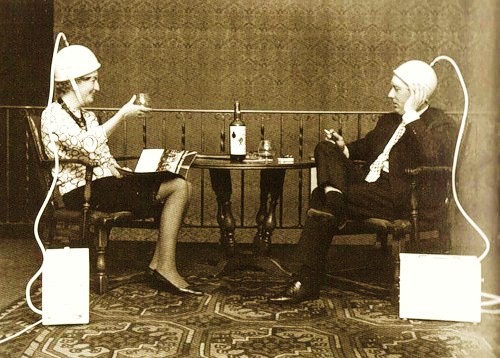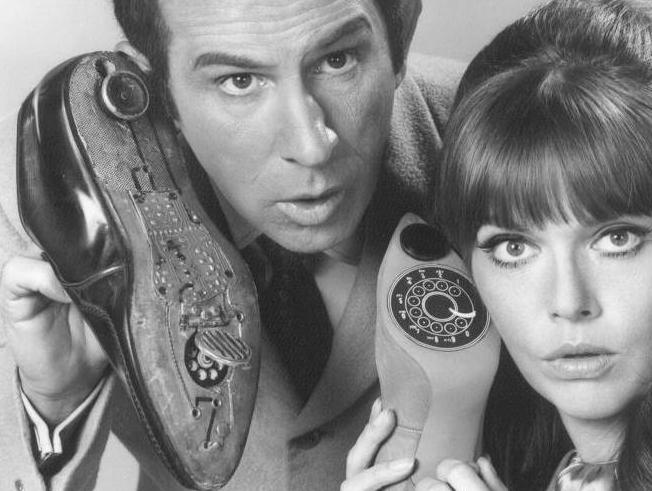Christopher Mims of the Wall Street Journal visited the smartest home in America–the Maryland abode of SmartThings CEO Alex Hawkinson–and came away perplexed by the way the “convenient” gadgets actually complicate the quotidian life. He does, however, see potential for one innovation that may be a problem for the security industry. An excerpt:
“Mr. Hawkinson believes the most compelling application for smart-home technology, at least for now, is home security. Surveys suggest about 80% of Americans might like some kind of security and home-monitoring system. For $300, SmartThings will sell you a kit that fits the bill—while also avoiding the monthly fees associated with traditional home-security systems.
Google apparently agrees with Mr. Hawkinson, as its Nest subsidiary, which started out making a smart thermostat, announced Friday that it’s acquiring Internet-connected video-camera startup Dropcam. What’s a surveillance camera for if not home monitoring and security?
It’s this task-driven approach to selling the idea of the smart home—offering a device or kit that solves a specific problem, rather than an all-in-one solution—that seems most likely to overcome the reluctance of most of us to add complexity to our personal sanctuaries. If you need to monitor a pet, elderly parent or home, why wouldn’t you add a straightforward system to do it?
But frankly, other than people who have very specific reasons to add automation to their homes, I have no idea why anyone would do it, even if the equipment were free. As countless reviewers have noted, including in this newspaper, even when smart-home technology works as advertised, the complexity it adds to everyday life outweighs any convenience it might provide.”


